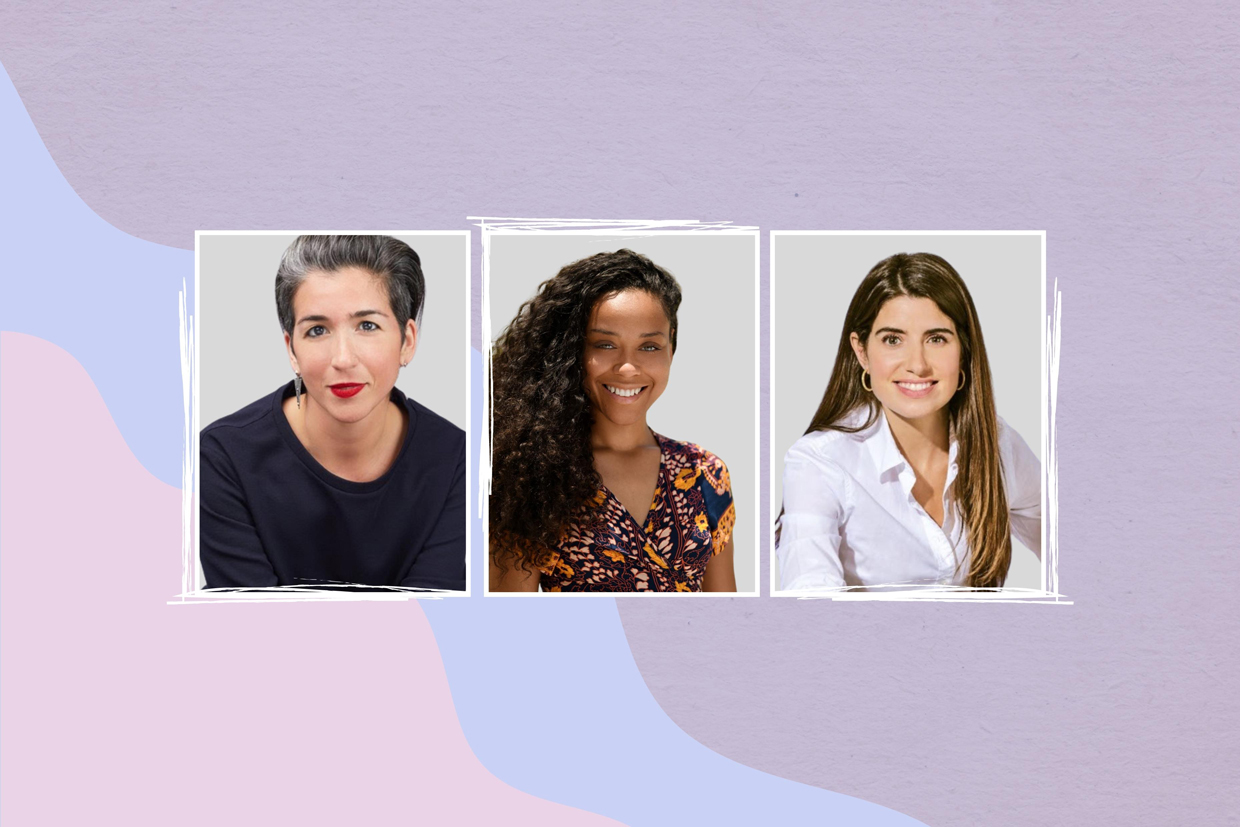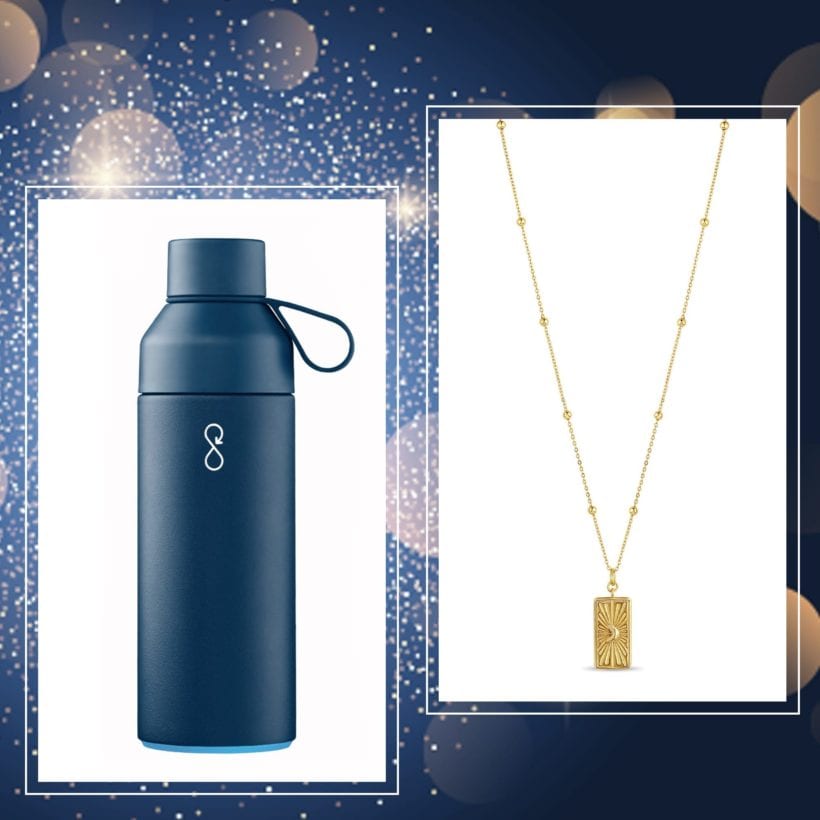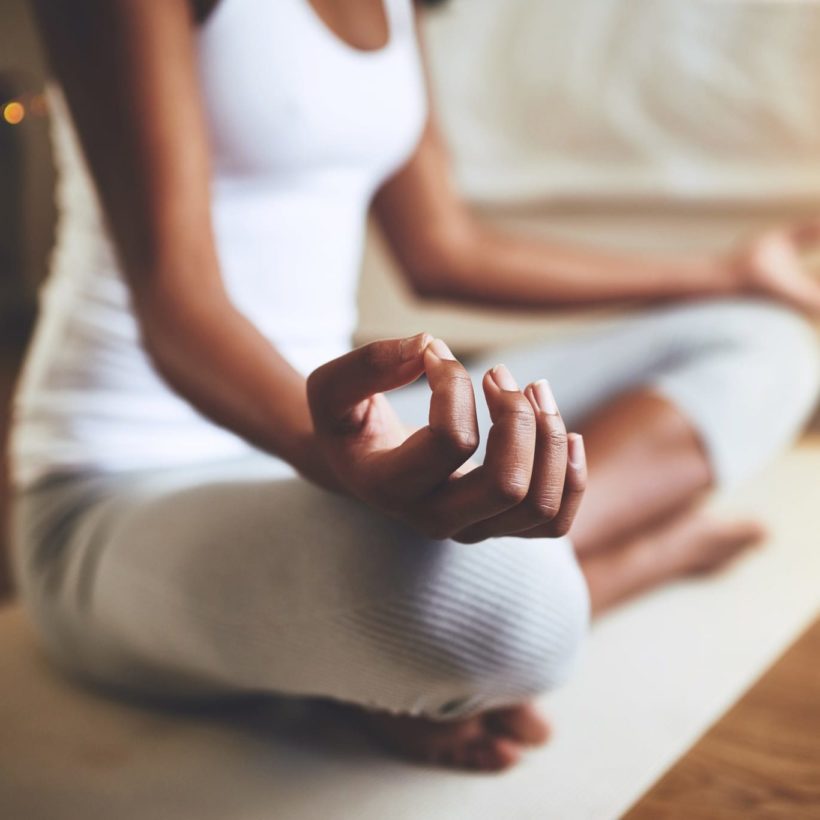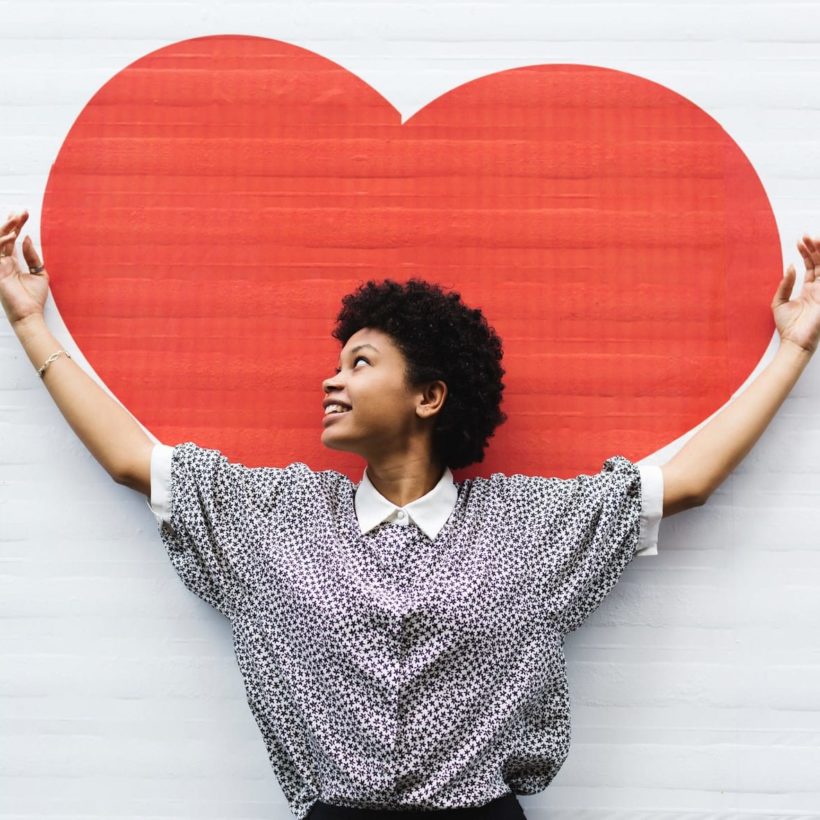While any time of the year is a great time to get more educated on diverse trailblazers making positive influences on society, the start of a new year always manages to bring fresh energy to challenge us to find new perspectives. It’s important that the achievements of all women are recognized, but it’s all too common for Latinx women, in particular, to be under-recognized for their accomplishments. Here, we highlight three Latinx innovators who are contributing to the community’s advancements and making an impact on history.
Vanessa Garcia

Vanessa Garcia is a second-generation Cuban American, a novelist, playwright, journalist, and screenwriter. She is the author of White Light, which was named one of NPR’s Best Books of 2015, and last fall she released a podcast, Never the Empty Nest, which she hosts alongside her mother, Jackie Rivases, and sister, Nicole Garcia. The podcast covers the concept of ‘generational nesting’ wherein a family stays close throughout generations, even when separated by physical differences, as is often the case in refugee families.
Do you think the idea of “never the empty nest” is part of the general Cuban American experience — or is it specific to your family?
VG: I do think that the idea of “Never the Empty Nest” is part of being Cuban-American and part of being Cuban. My mom gets to the layers of it in the first episode when she harkens back all the way to Spain and some of our roots there. Our island also has African, Taino, and Chinese roots. All those things together, I believe, make us very close-knit as a people.
Our Cuban and Cuban-American families are tribes and very little can tear them apart. Something that has tried to tear all of us apart is the Castro brother’s dictatorship, which has run Cuba for over 62 years, and which the people of the island are turning against now.
The Cuban regime has constantly tried to split families apart — it’s a mode of operation that has always been to divide and conquer. Taking boys away to fight in wars they didn’t believe in, forcing migration waves and exiles, and separating families. This has been extremely painful for us.
So, in exile, we have made sure to stick together.
When did you realize you were a creative person?
VG: I don’t remember not being a creative person. As a kid, I was incredibly shy. I remember living most of my days out in a linen closet in our house (literally crouched at the bottom of it), drawing on the wall. Taking a flashlight in there to read. But soon, art became much more than an escape. It became a force, a tool — power. A weapon of peace. A way to change the world. I still believe that which I think also comes from being Cuban.
What was your experience writing your novel, White Light? How much of it was drawn from your own life?
VG: White Light was written between 2007 and 2009. Then I revised it once more the following year. The book didn’t get published until 2015, however.
Writing that book was an engine of grief. My father had just died, suddenly, at the age of fifty. I was in my twenties. And that part is very much in the book. The book is about a visual artist who gets her big break as she loses her father. She is forced to deal with the “art of losing” alongside success and creation.
When the other students at the MFA program I was in complained about how “hard” writing was, I thought to myself: “then stop doing it.” For me, it was a way of life, a grace — there was nothing else I thought I should be doing, and, honestly, compared to the rest of my life at the time, it wasn’t what was hard. It was much harder to sell than to write. When the book finally came out, even though it took forever to sell, it won awards. It got a Kirkus star immediately, was one of NPR’s Best Books of the year, and won an International Latino Book Award. Somehow, however, editors couldn’t see that for a long time.
In between White Light and the novel I’m writing now, there’s a book I wrote from 2016-2017. I think that book will take a minute for editors to buy. I think they will eventually buy it, but I honestly think the book I am writing now and will probably complete by the end of the year, will sell first.
Why do you think your newer book will be published first?
VG: Because I know what it means to “translate” something into the mainstream and I’m doing that with this current book because I think it’s important for it to sell quickly, but I don’t want to do that with the one I wrote in between.
I want the one in between, the manuscript that’s written and waiting, to be the real thing and I know how far behind the literary world is in accepting truly diverse bits of writing. Because there isn’t anyone at the top in the big houses in editor positions that’s actually Latinx. So writers are constantly having to “translate” their experience into the “form” that the top tier is going to purchase or stay unpublished. You learn to do that.
Do you have any advice for artists who are trying to capture their family experience?
VG: Be true. When it comes to family, be true. When it comes to anything and everything — be true. Even if it takes longer to get there, it’ll last longer once it’s there. The surface can be pierced through, but the truth is a rock.
(This interview has been edited & condensed)
Chantel Robertson

Trigger warning: This interview includes topics of sexual assault.
For over a decade, Chantel Robertson experienced a variety of ailments including kidney disease, tumors and heart issues. After exhausting her options in Western medicine, in 2017 she traveled to the jungles of Honduras to embark on a healing journey that centered on plant medicine. Early in 2018, Upful Blends, a line of organic, wildcrafted, and ethically grown tea blends and supplements, was born, and Robertson began engaging her social media community about her journey and her life.
In 2019, she traveled to the Amazon rainforest where she lived among a local tribe (totally naked) while learning about ways to heal naturally through fasting and medicinal plants.
Now in its fourth year, Chantel, who is Afro-Latina, has partnered with local Indigenous tribes throughout South America and Africa to raise awareness for natural medicine.
When did you feel that you’d exhausted your options with Western medicine?
CR: I felt this when doctors began saying I’m a tumor farm. When they exhausted my insurance to the max that left me with no extra funds to contribute to further testing. When I was provided more medication for fibroids than advice on how to stop them from growing. I felt that I exhausted my options once I felt exhausted. Every part of me was weak, tired, and almost beaten spiritually. During each of those moments, although feeling defeated by Western Medicine and the doctors who utilize it as a holy grail, I chose to nurture the mustard seed size of faith I held to empower my life, my spirit, and my body again. (Editor’s note: Several health issues are more prevalent in Hispanic people than the general population).
Tell us more about your brand and its point of view.
CR: Upful Blends is a lifestyle brand, corporation, and community. Not only do we manufacture our own herbal blends and supplements, but I also bring the collective [on social media] in to ride this wave of life with me! I am super transparent on social media, some feel I’m too transparent sometimes, however, I love connecting with the community and allowing for my experiences to be of inspiration to others. Ever since 2018, when I began broadcasting my journey, it’s been this way. Upful lifestyle means living life in a heightened state of consciousness in all areas of life.
What was it like being totally naked in the Amazon rainforest? Did it change your view of your body in any way?
CR: Absolutely! “Empowered, liberating, home” — those are the words that could describe that moment. I’ve done somatic healing work a handful of times with spiritual guides before the Amazon, which have supported me in coming home to my absoluteness as a human being, especially having experienced rape in addition to the different forms of the disease.
I now see the beauty, royalty, exquisiteness of the human body and how we get to honor it! Thousands of years ago, and even now in some indigenous cultures for example, in the Amazon, clothes were not needed. Clothing, socks, sneakers are the cultivation of societal standards and can in many ways be a form to hide behind states of trauma, resistance, and control. Being naked in the Amazon further breathed life into this perspective of life, the love for my body, and the love for self as an extension of all that is.
How do you think attitudes toward plant medicine may change in the next 10-15 years?
CR: I see it now happening and it’s going to shift tremendously within this time frame, as a reflection of where we’re headed as a species. This will be the new way of healing vs being named “alternative medicine.”
What I do trust that remains neutral is how we honor the Earth. This is huge as we enter this phase. This means planting new seeds when we harvest, sustainably sourcing, and not engaging in plant medicine ceremonies for the hype of it all, but that the medicine calls out to you. We can deplete the Earth like cancer in that way, it’s all about intentionality and giving as we receive.
(This interview has been edited & condensed)
Christina Ros Blankfein
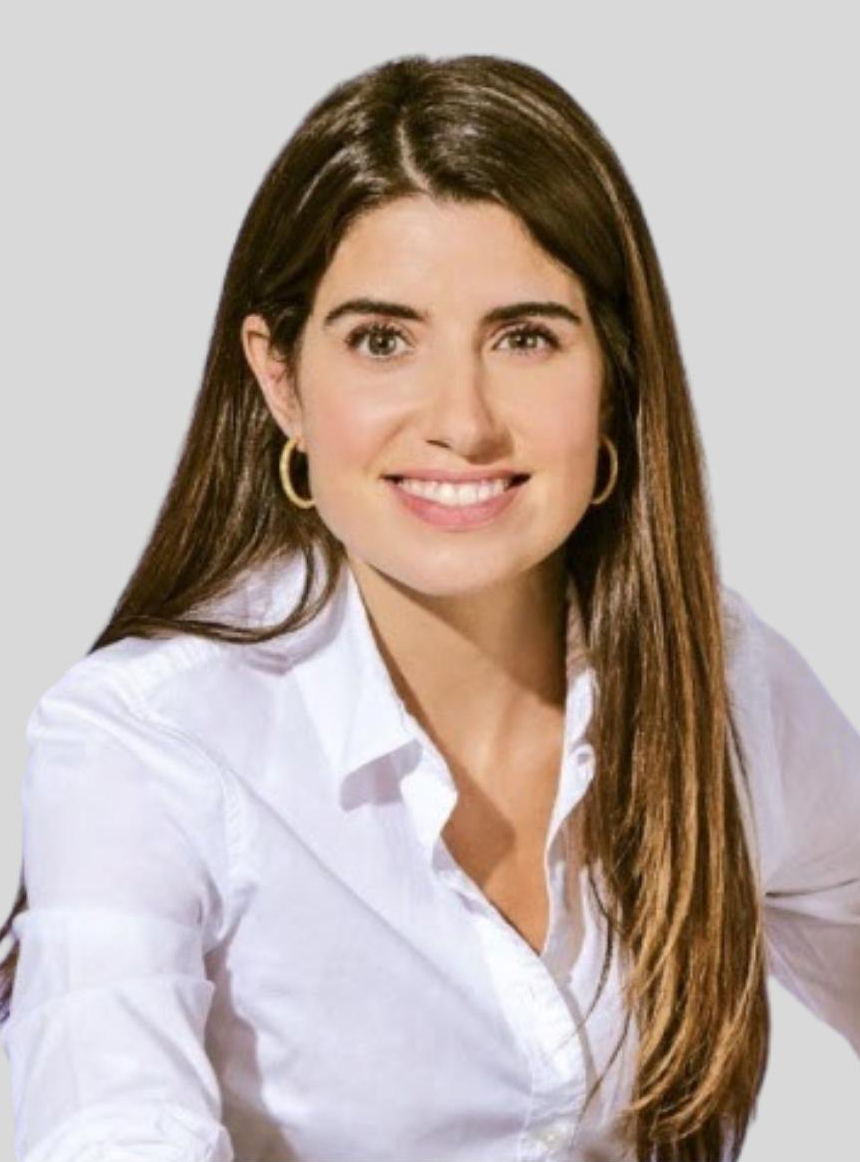
Cristina Ros Blankfein is the Cuban American co-founder of Swoon, a line of zero sugar simple syrup, mixers, lemonade, and iced tea which are all sweetened naturally with monk fruit. Here we spoke with Ros Blankfein about how her business was inspired by a mojito and how her Cuban roots have shaped where she is today.
Can you speak to your experience growing up as a Cuban American?
CRB: My mother’s family fled to the U.S. during the Cuban Revolution. So, like many immigrant families, I grew up with the stories of life in Cuba and lessons from them starting anew. My family was very proud of their roots and always made me so — enforcing Spanish-only in the house, cooking favorite recipes, and keeping Cuba alive in stories. My grandparents credited their education, work ethic, and a healthy dose of luck to explain how they were able to build a life for their multi-generational family after losing all of their possessions.
Many of my core beliefs and values came from their poignant stories like the time my Great-Grandfather was jailed during the revolution and my Grandmother was able to free him because the guard had formerly been a farmer down on his luck who my Great-Grandfather previously helped out. That same Great-Grandfather worked as a janitor and then as a cashier at a hotel, because he was too old for his professional qualifications to translate and he needed to support his family any way he could. These stories were always shared with admiration, impressing in me a desire to carry forward their values.
How did the idea for Swoon come about?
CRB: I was hosting a dinner party and my friend, Jen Ross, came over to help me set up like the great friend she is. As I poured a cup of white table sugar into a pot of boiling water to make simple syrup for my signature mojito (my grandfather’s Cuban recipe) it dawned on me that Jen’s a type-1 diabetic. How could I serve her melted sugar? I felt terrible, so we ran to the store to look for healthy options. Empty-handed, we set out to create a solution of a drink for celebration that didn’t have sugar and could keep life sweet.
What sets Swoon apart from other brands?
CRB: Swoon products are sugar-free, but still naturally made sweet with monk fruit. We’ve cleaned up the basics. Monk fruit is a melon native to Southeast Asia that has a natural sweetness and is high in antioxidants but doesn’t contain any of the calories or carbs that sugar does.
Do you have any advice for other Latina-American women who are wanting to start their own businesses?
CRB: Jen and I became friends at Harvard Business School where I was hosting that dinner party. We entered Swoon in a school competition in which we had to create a product and pitch it. We were runners-up and went on to start the business for real. Being in competitive educational and professional environments has definitely taught me a lot. Perhaps most importantly, being surrounded by super sharp, interesting peers to learn from is inspiring! It’s definitely made it clear from the beginning of launching Swoon that our success lies in recruiting and retaining a team that knows more than me! People really are the only secret to success. Deciding whether to take the risk of starting a business is very personal. My recommendation is to make a list of the questions that make you doubt the business. Go about answering those and if you’re happy with the answers, go for it!
(This interview has been edited & condensed)
We only recommend products we have independently researched, tested, and loved. If you purchase a product found through our links, Sunday Edit may earn an affiliate commission.
